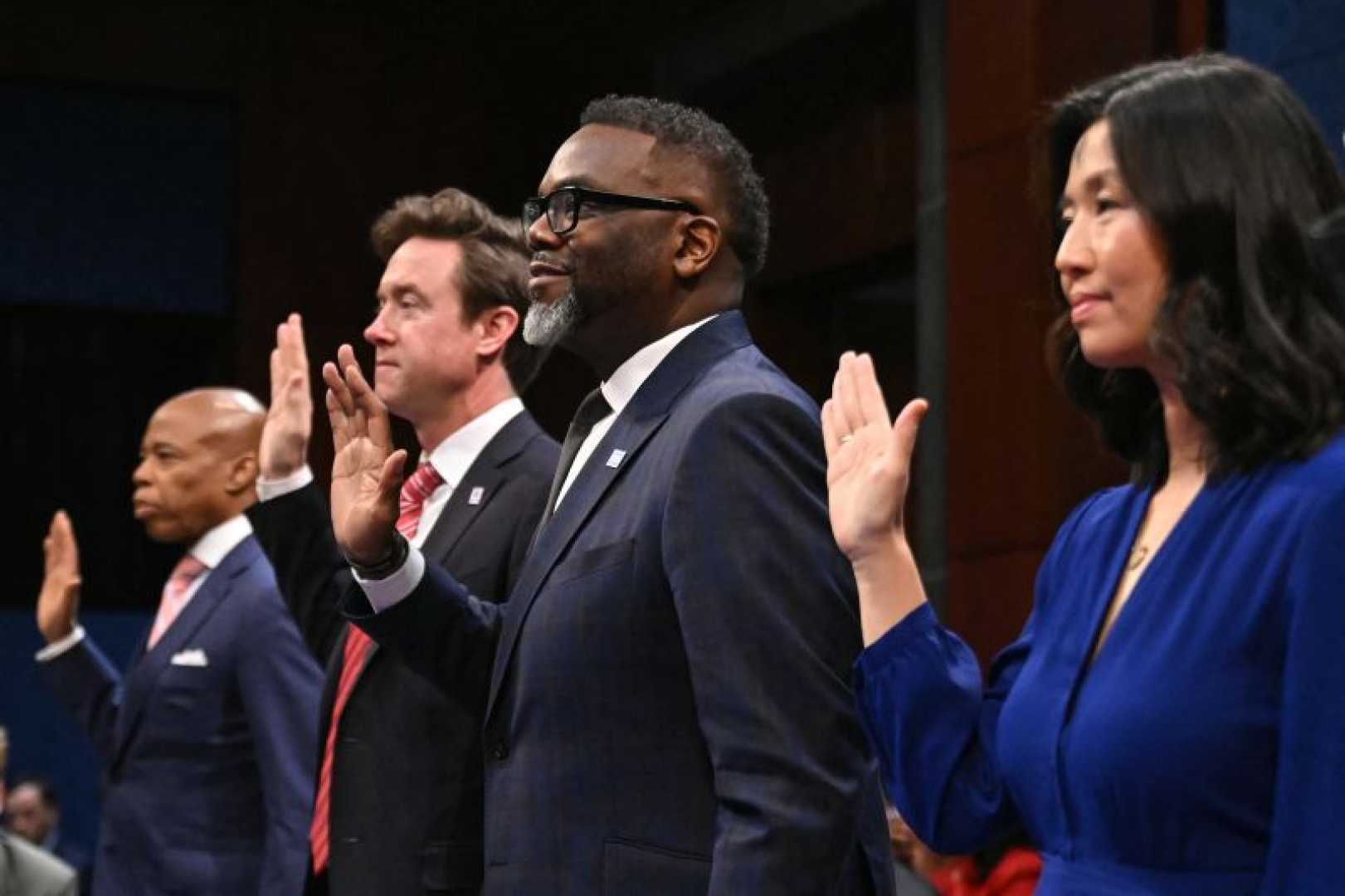Politics
Mayors Defend Sanctuary Policies Amid Immigration Law Scrutiny

WASHINGTON, D.C. — Four major city mayors defended their sanctuary policies during a House Oversight and Government Reform Committee hearing on Wednesday, as Republican lawmakers criticized them for not cooperating with federal immigration enforcement. The session comes as the Trump administration intensifies its efforts to enforce immigration laws and pursue lawsuits against certain jurisdictions, including New York and Illinois.
Chairman James R. Comer, R-Ky., opened the hearing by praising the Trump administration’s actions against illegal immigration while labeling sanctuary cities as creating ‘sanctuaries for criminals.’ He argued that local officials could better aid federal agencies by cooperating during detentions, stating, ‘These reckless sanctuary policies force federal immigration officers to go into local communities … just to make arrests.’
Comer’s critique arose as House Republicans push several bills aimed at defunding sanctuary jurisdictions, indicating an ongoing political battle over immigration enforcement. When asked about possible future legislative actions, Comer suggested attendees to ‘stay tuned.’
Sanctuary city policies typically involve local governments limiting their cooperation with federal immigration officials regarding deportation notifications when undocumented residents are arrested. The mayors maintained their position citing Supreme Court precedents that affirm their right not to engage with federal practices.
Rep. Gerald E. Connolly, the committee’s leading Democrat from Virginia, defended the mayors by asserting, ‘The state and local laws that Republicans have an issue with today are in full compliance with federal law.’ He challenged the hearing’s premise, stating, ‘We have local law enforcement cooperating with the local political leadership; it’s bringing down crime rates.’ Connolly dismissed the narrative that immigrants lead to more crime.
New York City Mayor Eric Adams underscored his administration’s policies as pragmatic and necessary. ‘We need to collaborate with undocumented immigrants to ensure public safety and address issues like homelessness,’ he said. ‘I cannot have a city where parents are afraid to send their children to schools or where children are sleeping on the streets.’
Denver Mayor Mike Johnston echoed this sentiment, arguing that the influx of immigrants has led to decreased crime rates in his city. ‘In fact, we witnessed homicides drop by 17 percent and auto thefts by 29 percent,’ Johnston added, emphasizing the necessity of reciprocal trust between immigrants and law enforcement.
Chicago Mayor Brandon Johnson defended the security benefits of favorable immigrant relations, stating, ‘We must not let mischaracterizations and fear-mongering obscure the reality that Chicago’s crime rates are trending down.’ He went on to call sensationalizing crime in political contexts ‘grandstanding.’
Boston Mayor Michelle Wu pointed to the damage the Trump administration’s rhetoric does to community trust, noting that recent actions have discouraged constituents from reporting crimes. ‘A city that’s scared is not a city that’s safe,’ she said. Wu highlighted the ongoing challenges her constituents face, asserting, ‘Hardworking, taxpaying residents are afraid to live their lives because of this federal administration.’
Representatives across party lines continued to field questions on various topics, with some pushing for accountability from the mayors on their immigration policies. Republican Rep. Anna Paulina Luna announced intentions to file criminal referrals against the mayors for not complying with federal law. ‘You all speak about a broken immigration system, yet here you are aiding and abetting that entire process,’ she remarked.
As the hearing drew to a close after six hours of testimony, Chairman Comer commented on the civility observed during the hearing, stating, ‘This is the best behaved this committee has been all Congress.’ The ongoing examination of sanctuary policies continues to highlight the complex intersection between local governance and federal law enforcement amid an evolving immigration landscape.












